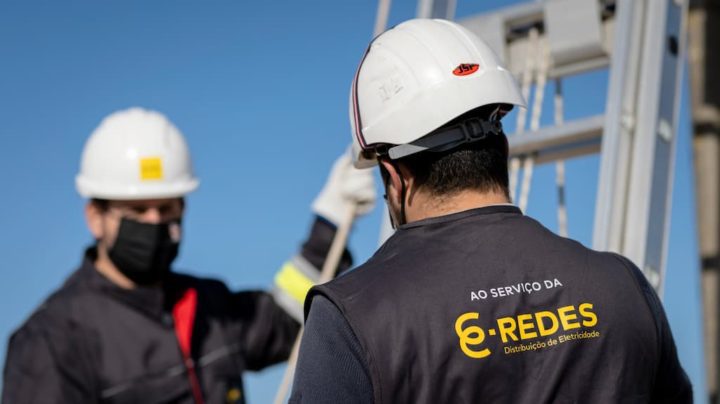The functions of smart grids, through a smart meter, make it possible to take readings remotely (without using the staff of network operators or the customer), as well as perform other operations remotely such as changing the contracted power.
According to recent data, more than half of the homes have smart meters connected. You already have yours?
The smart meter is an intelligent electrical energy management device, integrated into the technological infrastructure, which, in addition to measuring electricity consumption, allows data processing, availability and support for the provision of services, through remote communication.
Smart Meters: Key Features
With smart grids, electricity consumers will be able to benefit from services such as:
- Automatic readings: It is no longer necessary to collect or give readings, as they reach the electricity distributor automatically, they are sent by the meter itself
- Invoices without estimates: With the automatic connection of readings, you are no longer charged based on estimates. You will only pay for what you consumed during the billing period
- remote operations: It also allows for remote network operations, eliminating the need for a technician to move physically whenever you want to change your power or tariff
- More effective troubleshooting: Allows more effective troubleshooting and remote technical problem solving
- More control over your consumption: Records information on electricity consumption in short periods. Thus, if you allow the processing of your consumption data, you may be given detailed information about your profile, which will help you make more effective decisions, for example, the busiest times and the best tariff for the type of consumption. Do.
According to the new legislation, by the end of 2024, E-Redes must guarantee 100% customer coverage. 2.9 million missing smart meters. Until now, About 4.3 million smart meters have already been installed in mainland Portugal. Of that total, "there are already 3.4 million smart meters under remote management," according to E-Redes.
The new basic law for the electrical system was approved at the beginning of this year, and as the Secretary of State for Energy explained at the time, the diploma aims to be “a more flexible, dynamic system fully integrated with decarbonization goals.”
Read also...

“Wannabe internet buff. Future teen idol. Hardcore zombie guru. Gamer. Avid creator. Entrepreneur. Bacon ninja.”



